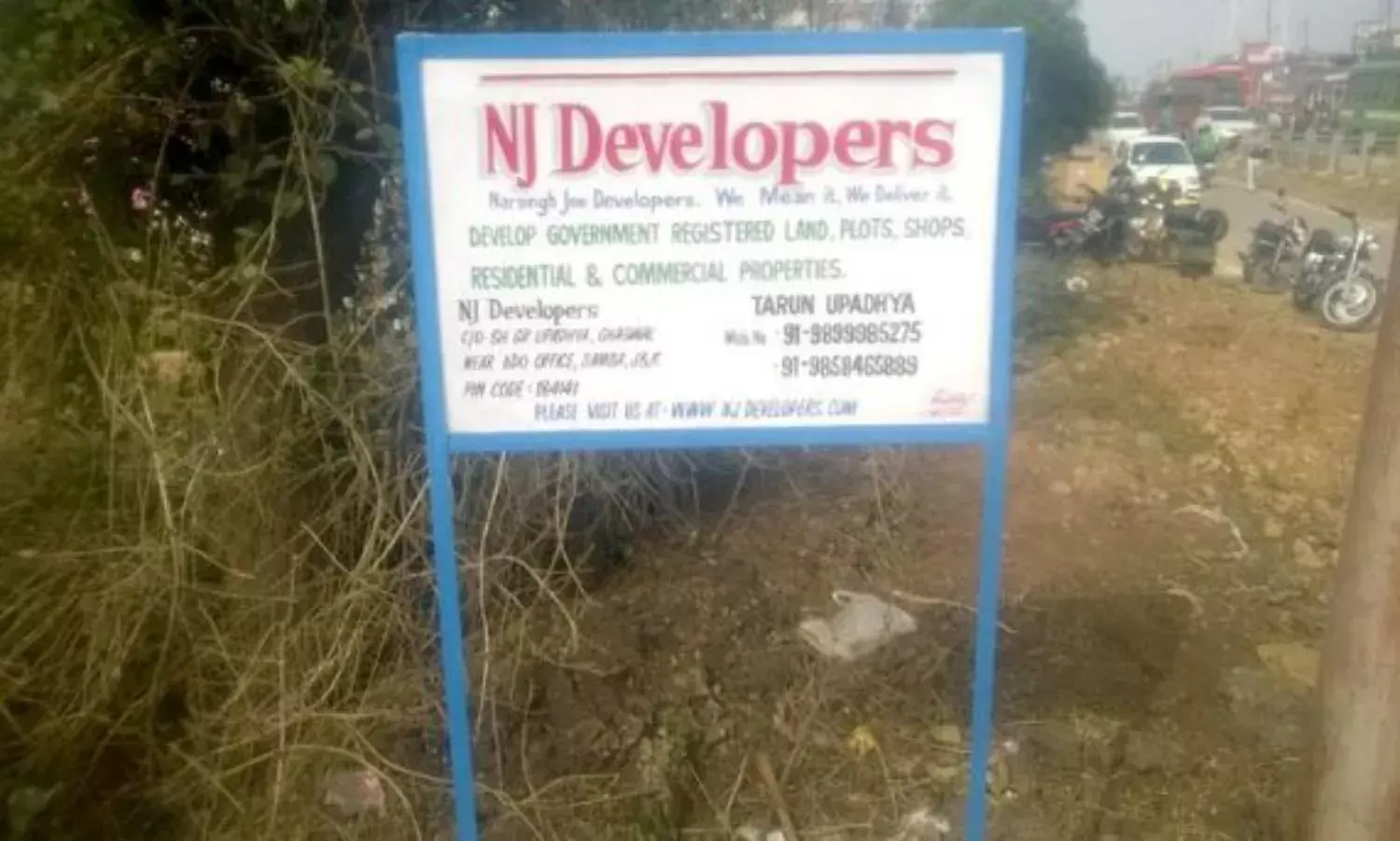Women's Bodies and Economic Wars: Undercurrents of the Kathua Rape
DEVAKI JAIN

In Kathua, as had been mentioned by many of the reports , there was the strong desire of the land-owning classes, totally Hindu - to remove those who were customarily grazing their cattle and horses on the common forest land,- Muslims.
The rape of the child was to signal the power of the Hindus, and to frighten the nomads to flee their normal grazing land . Of course there was the added fury of religious hate. The Hindu farmers ,the land owning class ganged up to frighten the nomadic community , and also find an opportunity to express their hate , hate drawn from religion, to rape one of their daughters . They had the additional strength of support of the legislators and police ,belonging to the hindutva brigade.
Violating women’s bodies as part of the struggle for resources, especially land rights is an old and widespread phenomena; -whether we take the case of the school girls who were abducted in Boko Haram, as a threat to the regime or uglier wars like the Bangladesh War, which left behind hundreds of raped widows.
Economic wars of this kind are not only rampant but will grow as the commercialization of the economy, especially the land-based economy grows backed by the power of capital . Such profit seeking commercialization would want to drive out people from traditional,- often informal - ownership of land.
In Ethiopia, which was famous for its pastoral agriculture, huge slopes of land ,-pastures for sheep-, was available as a common resource to the shepherds in the area. Ethiopia was famous for its wool and woolen fabrics. The march of capital , especially the hunt of wealthy investors for land for so many profit making purposes, and the collusion between the heads of the states - and international capital, led to the sale of the pastoral land to an entrepreneur who wanted to grow biofuel !
The shepherds were left denuded of their livelihood and their customary rights .The ecology of the area was disturbed forever .Local resistance movements have grown into wars , with hate and death .
Underpinning almost every communal clash, even the attack and rape of tribal communities there in Naxal country , Sukma and its neighbourhood there is an economic root which adds to the fierceness of the conflict. Again a conflict between the mining companies, wanting ownership of the land and the local communities, and the traditional owners , the forest dwellers.
The Kathua episode, is another signal to us, the women's movement to move our demands and collective voices to these underlying issues too. So while we draw attention to the existence of violence against women, and hold placards saying stop violating our bodies; draw attention to communal hate driven violence as we saw in the Kathua rape, as feminists , women s collectives also need to shout for economic rights, including land rights for us , as well as for the traditional grazers, and the forest dwellers . We need to link some of these acts of violence against women and girls to economic and political wars , - and thereby also take interest in the nature and construct of political economy .
(Devaki Jain is an Indian economist and writer, who has worked mainly in the field of feminist economics).



